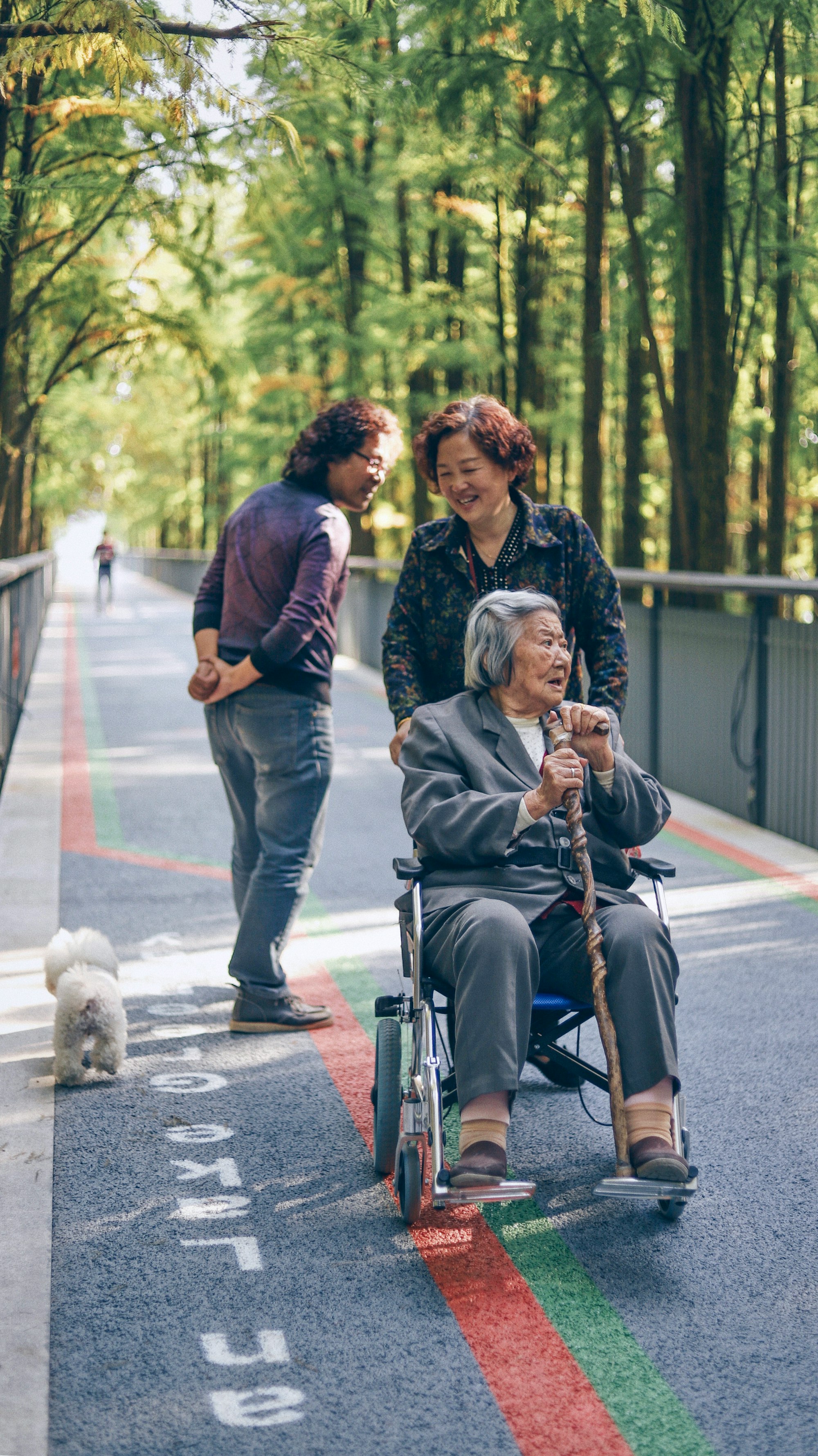How to Deal with a Narcissistic Parent – Part 2
In this second installment of our series on dealing with narcissistic aging parents, we dlve deeper into strategies for setting boundaries and detaching emotionally.

Welcome to Part 2 of our series on dealing with narcissistic parents. In Part 1, we explored narcissistic traits and the challenges of caring for aging narcissistic parents. We also discussed the various types of narcissists and shared stories of caregivers like Star and Mary Jean.
Today, we will delve deeper into strategies for dealing with aging parents who exhibit narcissistic behavior.
- Acceptance and Detachment:
In Part 1, we emphasized the importance of accepting that an aging narcissist is unlikely to change. Even healthcare professionals find it challenging to treat Narcissistic Personality Disorder (NPD) in young, healthy individuals. To succeed in this situation, you must learn to detach or distance yourself from the narcissistic parent in your life.
This process can be incredibly difficult, especially for caregivers. Many adult children of narcissists struggle with the painful realization that their parents are incapable of providing the love and approval they yearn for, even as adults. Detachment requires letting go of the responsibility that the narcissist has instilled in you to cater to their every need and whim.

For some, reducing or eliminating contact with the narcissistic parent can be liberating and freeing. The first step toward detachment is recognizing that your well-being should come first. This can be particularly challenging for family caregivers, as they often prioritize their loved one's needs at the expense of their own health and well-being.
- Setting Boundaries:
Setting boundaries with a narcissistic parent is no easy task, especially after years of catering to their demands. It's essential to acknowledge your own limits and understand that a narcissist will push you beyond those limits. To help you defend yourself against your aging narcissistic parent, here are three strategies:
- Be consistent and strong when establishing boundaries.
- Avoid confrontations, as narcissists do not handle criticism well.
- Communicate your need for personal space and time to focus on your well-being.

- Taking Responsibility for Your Own Well-being:
Realize that you cannot control the narcissistic parent; you can only control your own emotions and responses. If you find yourself struggling with your feelings, mental health, or physical well-being, it may be time to establish strict boundaries or even consider cutting ties altogether. While this decision may seem daunting, it is crucial for your own growth and survival. - Narcissistic Manipulation:
Narcissists see their children as extensions of themselves and are skilled at manipulating their offspring. They often discourage their children from pursuing their own desires and needs. It's crucial to recognize that this manipulation is not your fault. Overcoming guilt and self-blame is essential as you begin to distance yourself from the narcissistic relationship. - Announcing Your Intentions:
If you decide to establish boundaries or limit contact with your narcissistic parent, it's essential to communicate this in a calm and non-confrontational manner. You can do this through email or a phone call, emphasizing that you are making this decision for your mental health and personal growth, not as an attack on them. - Seek Support and Self-Care:
Maintain your resolve once you've set your boundaries, and resist succumbing to manipulation, guilt, or threats. Seek outside help and support, such as therapy or support groups for adult children of narcissists. Maintaining a social life and engaging in activities you enjoy will prevent caregiver burnout and fatigue.

In conclusion, understanding the narcissistic nature of your parent is the first step to healing and taking control of your life. Remember, you matter, and your well-being should be a priority. In the next part of our series, we will explore how to live with and survive an aging narcissistic parent. You are not alone in this journey, and self-care is essential. You are worth it.
All of our guides, downloads, worksheets, Premium courses
Click Subscribe To Get Started.
Our Resources section can help you find the information and tools that you need. We have courses, videos, checklists, guidebooks, cheat sheets, how-to guides and more.
You can get started by clicking on the link below. We know that taking care of a loved one is hard work, but with our help you can get the support that you need.
Click here to go to Resources Section now!
How to deal with narcissistic parents - Part 1
Dealing With An Aging Narcissistic Parent
10 Tips To Deal WIth Difficult Aging Parents















